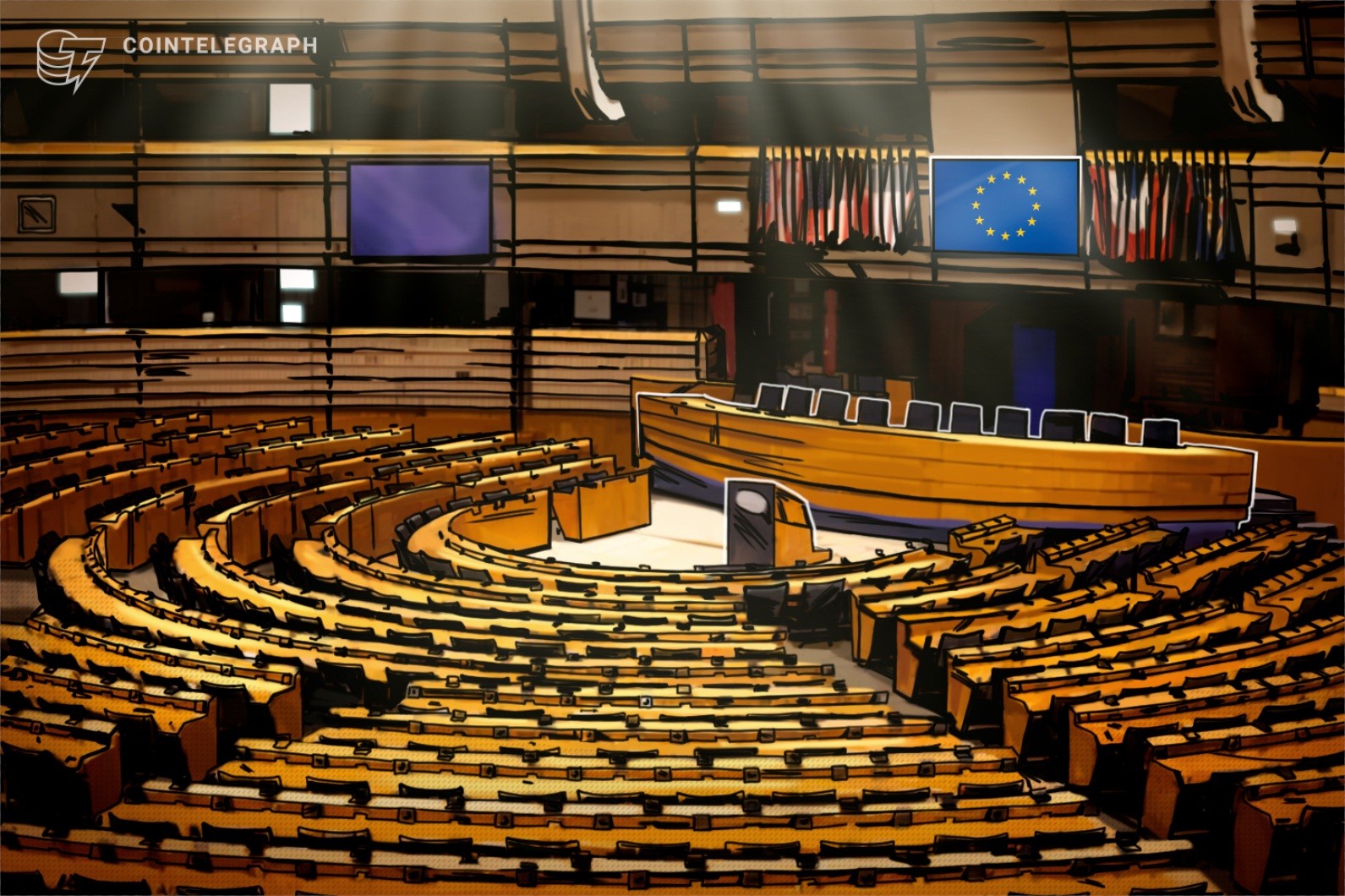The European Parliament is set to vote on a technology sovereignty proposal submitted by the Committee on Industry, Research and Energy (ITRE) under the leadership of pro-Bitcoin lawmaker Sarah Knafo.
ITRE, one of 24 standing committees in the European Parliament, on June 3 adopted a non-binding report on tech sovereignty and digital infrastructure, calling for a European policy for the digital ecosystem.
The proposal highlights concerns that Europe is falling behind the United States and China in strategic sectors such as the cloud, cybersecurity, artificial intelligence, semiconductors and communication infrastructure.
The report suggests lifting barriers to private investment in innovation, promoting energy-efficient computing and blockchain infrastructure and safeguarding privacy in digital finance.
Parliament vote expected in July
According to the communication from the ITRE, the European Parliament is expected to vote on the proposal in the upcoming plenary session.
Knafo, a key backer of the proposal, told Cointelegraph that the vote will most likely occur during the July session.
“If all the right-wing parties vote in favor of the text, and normally they should, we have a good chance to get a majority,” said Knafo. “But left-wing parties put pressure on the center-right party to block it. We will see if they resist it.”
Knafo emphasized that the report is not yet a legally binding piece of legislation and is supposed to define political guidelines only.
Is the EU set for a digital revolution?
“I strongly believe that we are still at the very beginning of the digital revolution. So far, Europe is lagging behind, to say the least,” Knafo said, adding:
“We have all the talented engineers and scientists we need to catch up with the US and China. We just need a suitable political frame to let them work in Europe.”
While Knafo is confident about the potential for a digital revolution in the EU, some commentators are less optimistic about the outcome.
Related: Digital euro, not MiCA, key to managing crypto risks: Bank of Italy chief
Skeptics in the French media portal Frontières expressed gratitude for Knafo’s efforts but doubt whether the proposal will gain the support of a majority of the parliament’s 720 lawmakers.
“Change will come from the nations. Change will come from people. AfD [Alternative for Germany], Poland, Hungary, Netherlands. It’s shy but it moves,” one commenter wrote.
Knafo’s protest against the digital euro
Knafo’s advocacy for tech sovereignty follows her vocal opposition to the European Central Bank’s (ECB) plans for a digital euro. In a speech to the European Parliament in late 2024, she called instead for a Bitcoin (BTC) strategic reserve
“No to the digital euro, yes to a strategic Bitcoin reserve,” Knafo stated in her speech to the European Parliament last December.
However, the European Union has moved in the opposite direction. ECB officials such as Piero Cipollone highlight the urgent need for the digital euro to counteract the rising adoption of US dollar stablecoins.
In January 2025, ECB President Christine Lagarde also dismissed the opportunity to create a Bitcoin reserve, emphasizing that central bank reserves must be “liquid, secure and safe.”
Magazine: AI cures blindness, ‘good’ propaganda bots, OpenAI doomsday bunker: AI Eye


